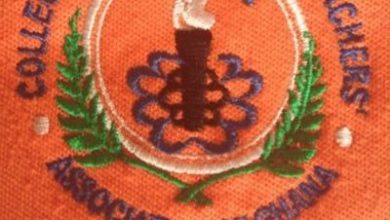The use of mother tongue languages in basic schools is now compulsory – Haruna Iddrisu
Haruna Iddrisu, has announced that the use of mother tongue languages in basic schools is now compulsory. The new education policy aims to improve literacy, cultural identity, and student understanding at the foundational level.

Ghana’s Minister of Education, Haruna Iddrisu, has announced a major shift in the country’s education policy, declaring that the use of mother tongue languages in basic schools is now compulsory.
Speaking at a press briefing covered by Ghanablogs.com, the minister emphasized that this policy aims to strengthen literacy and comprehension among young learners by promoting instruction in their native languages during the early years of schooling.
According to the minister, research has shown that children learn better when taught in a language they understand. “Introducing mother tongue education at the basic level will enhance classroom participation, boost cognitive development, and preserve Ghana’s rich linguistic heritage,” he said.
This initiative aligns with Ghana’s broader educational reform agenda focused on inclusive learning, cultural preservation, and academic excellence. Teachers will receive specialized training and materials in major Ghanaian languages such as Akan, Ewe, Ga, Dagbani, Nzema, and others, depending on regional needs.
Parents and education stakeholders have praised the move, describing it as a long-overdue step toward improving foundational literacy and national identity among children.
The Ministry of Education is expected to roll out detailed implementation guidelines in the coming months, ensuring all public and private basic schools adhere to the new directive.




